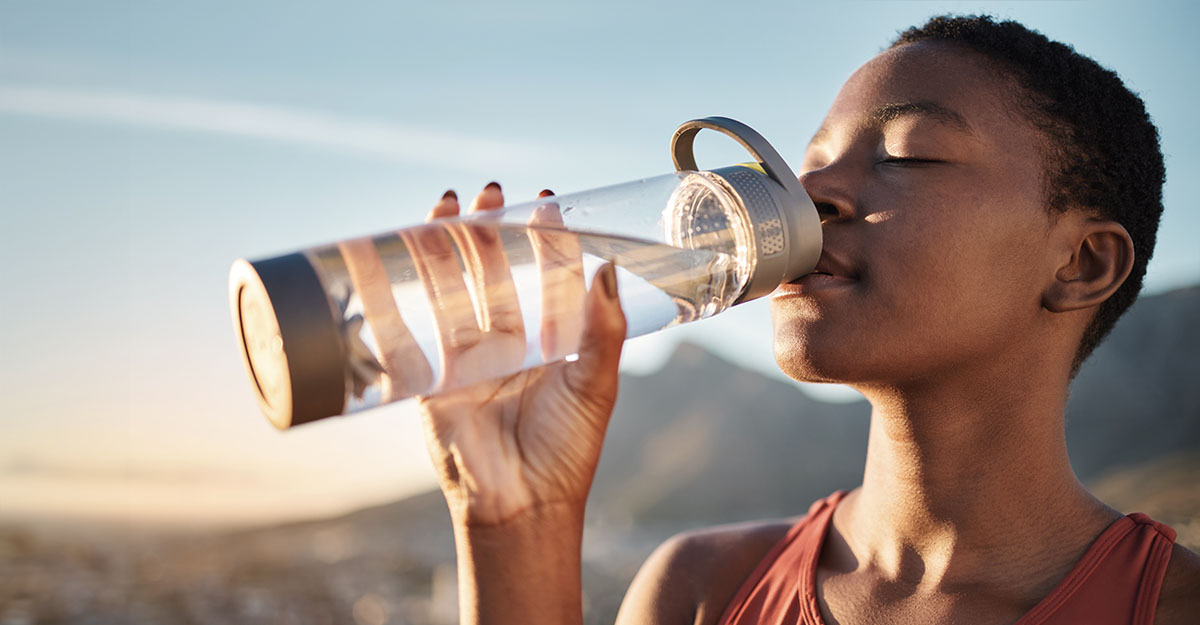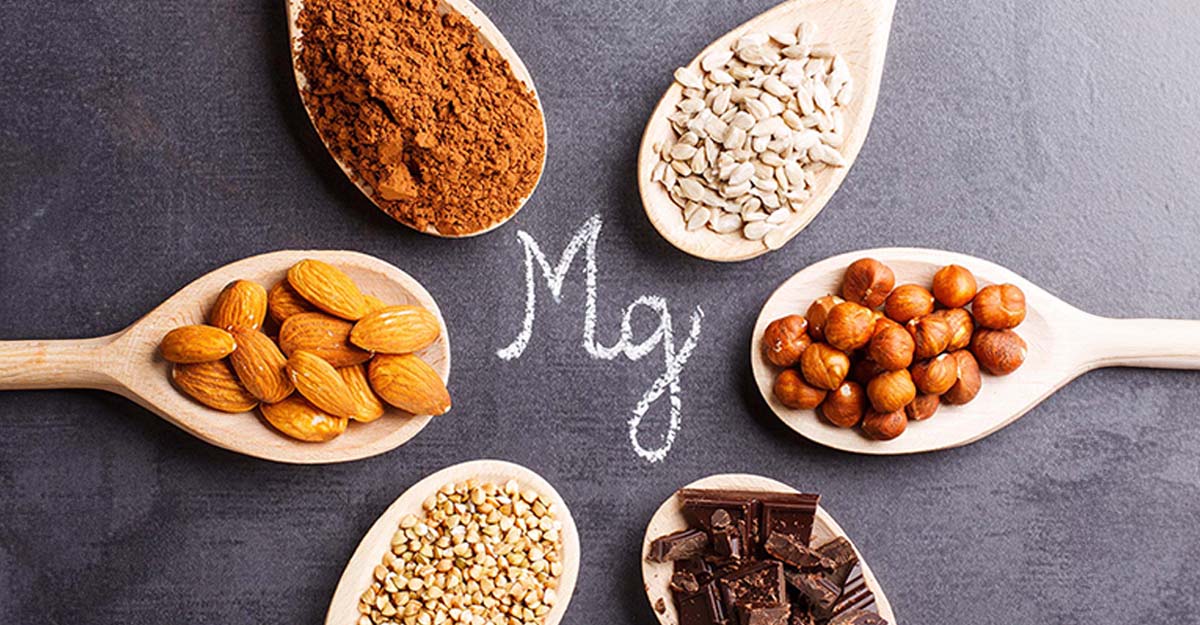
Zinc supplements support immunity, wound healing, skin health, growth and development, and cognitive function. But what is the best form of zinc for your needs?
With various options available, it can be confusing to determine which is right for you. This article will explore different types of zinc and how they work in the body. By the time you finish reading, you will be able to select zinc with confidence, ensuring optimal wellness benefits.
Recommended Zinc Products
Although identifying the best form of zinc is important, you must also consider the quality of the product. Here are some recommended supplements.
- Anabolic Laboratories Zinc Lozenges with Vitamin C: Anabolic Laboratories develops products that work with your metabolism to support optimal health. Its zinc lozenges are combined with vitamin C for optimal immune support, protecting you from illness and allergies related to seasonal changes.
- Zahler Zinc & Elderberry Lozenges: Zahler prides itself in creating products that boost wellness naturally. Their zinc lozenges are combined with elderberry, enhancing flavor and immune support.
- Quantum Health TheraZinc Lozenges: Quantum is an innovative brand committed to helping individuals attain optimal wellbeing. Their lozenges combine zinc, elderberry, and honey with a great raspberry flavor to support the immune system when the body needs it most.
Check out more zinc supplements on the Natural Healthy Concepts website. Our practitioners can help you determine the best form of zinc for your needs.
Zinc and Its Benefits
Zinc is a trace element that plays a key role in many bodily functions. Since the body does not produce zinc naturally, it must be consumed as a supplement or through the diet. The best form of zinc will provide the following potential health benefits.
- May Support Immune Function: Zinc helps the immune system function properly. Low levels of zinc can increase the risk of pneumonia and other infections.
- May Treat Diarrhea: The World Health Organization (WHO) recommends zinc for infants with diarrhea. Research shows it may shorten bouts of diarrhea, especially in infants without much zinc in their diet.
- Aids with Wound Healing: Long-term wounds and ulcers are often symptoms of individuals with low zinc levels. Zinc may help heal wounds, aid skin repair, and reduce the risk of infections.
- May Support Against Oxidative Stress: Zinc’s antioxidant properties may help manage oxidative stress and related chronic conditions like high blood pressure, diabetes, and metabolic syndrome.
- May Prevent Age-Related Macular Degeneration: Research suggests that a zinc deficiency may contribute to the risk of macular degeneration. Zinc may help delay the progression of the disease and related vision loss.
- May Support Men’s Sexual Health: Zinc’s antioxidant and hormone-balancing characteristics may support men’s sexual health and aid with delayed maturation in younger males.
- May Promote Healthy-Looking Skin: Just as zinc helps with wound healing, it may also treat other conditions, such as acne vulgaris, atopic dermatitis, hidradenitis suppurativa, and diaper dermatitis.
- May Prevent Osteoporosis: Zinc’s role in bone formation may help prevent osteoporosis. However, more research is needed to establish its effects.
- May Support Neurological Health: A small study found a possible relationship between low zinc levels and neurological symptoms such as headaches, tingling, and peripheral neuropathy. However, scientists acknowledged a need for further research.
- Type 2 Diabetes: Zinc’s ability to help manage blood sugar and cholesterol levels already in the normal range may help with type 2 diabetes.
What are the Symptoms of a Zinc Deficiency?
The best form of zinc can also protect against a zinc deficiency, which can produce the following symptoms:
- Infants and children may experience diarrhea, impaired growth, a loss of appetite, and reproductive problems as they reach adulthood.
- Older children may struggle with alopecia, an increased risk of infections, and delayed growth.
- Pregnant women who are zinc-deficient increase the risk of child and maternal morbidity and adverse birth outcomes, such as premature birth and low birth weights.
- Zinc-deficient adults may have issues with wound healing and cognitive and psychological problems.
Who is at Risk of a Zinc Deficiency?
A zinc deficiency often occurs in:
- People with gastrointestinal disorders or those who have had bariatric surgery: Researchers believe this may be linked to zinc malabsorption.
- Vegetarians and Vegans: These diets are typically low in zinc-rich foods, such as meats and dairy
- People who are Pregnant or Lactating: People need more zinc when pregnant or lactating, and sometimes don’t consume the required amount.
- Older Infants Exclusively Breastfed: Zinc levels in breast milk decline significantly after the first six months. Doctors often recommend that older infants who breastfeed take a zinc supplement.
- Children with Sickle Cell Disease: Sickle cell disease is often treated with chelation therapy to reduce iron overload. However, researchers believe this treatment can also increase the risk of a zinc deficiency.
- People with Alcohol Use Disorder: Ethanol consumption decreases zinc absorption and may result in a deficiency.
What is the Best Form of Zinc?
There are various types of zinc to choose from, but what is the best form of zinc to take for your needs? This section will review some of the most common options.
- Zinc Gluconate: Bound with gluconic acid, this type of zinc is often found in nasal sprays, lozenges, and supplements. It may be the best form of zinc for treating the common cold.
- Zinc Citrate: Zinc binds with citric acid, an organic compound that may inhibit the growth of mold and bacteria, aid with digestion, boost immunity, and prevent kidney stones. Absorption is similar to that of zinc gluconate.
- Zinc Orotate: This type of zinc is combined with orotic acid, which may support athletic performance, boost heart and liver function, and protect against chronic conditions like diabetes.
- Zinc Oxide: This zinc is not well-absorbed when taken orally but is often used topically in sunscreens and skin care products. It is commonly found on the zinc supplement market.
- Zinc Sulfate: Zinc is combined with sulfate, which may aid digestion, provide antimicrobial properties, target deficiencies, and reduce acne.
- Zinc Acetate: This form of zinc is combined with citric acid, but it is more soluble and tastes bitter. It may be better than zinc gluconate in shortening the common cold.
- Zinc Picolinate: Zinc combined with picolinic acid may offer neuroprotection and immune support.
- Zinc Glycinate: This form of zinc combines with the amino acid glycine. It is highly bioavailable and may be the best form of zinc for reducing gastrointestinal discomfort, supporting prostate health, improving skin conditions, and boosting immune function.
What are the Different Types of Zinc?
Beyond the best forms of zinc, you must also consider the various types of zinc based on consumption methods. Here are some popular choices.
- Supplements: Capsules or gel tablets that may contain zinc on its own or combined with other supplements.
- Lozenges: Zinc lozenges often blend beneficial nutrients to soothe sore throats and cold symptoms.
- Nasal Spray: A nasal spray is designed to reduce congestion related to colds or allergies.
- Topicals: Zinc is a common ingredient in topicals that aid with wound healing or help relieve skin conditions like acne and dermatitis.
- Food: Whole foods may be the best source of zinc. Zinc-rich foods include beans, meats, nuts, fish, seafood, whole grain cereals, and dairy products.
What Else to Look for in the Best Form of Zinc
The best form of zinc and type of zinc are important, but additional qualities will ensure the best results. Here are a few to look out for.
- Brand Name: Choose supplements from a trusted brand. The brand should have positive online reviews and a history of providing community benefits.
- Third-Party Seals: Certifications like NSF, USP, or Consumer Lab verify that the product does not contain harmful ingredients.
- GMP Compliance: This certification means the product was manufactured in a facility that follows Good Manufacturing Practices, ensuring quality, safety, and proper labeling.
- Consult with a Healthcare Professional: Ask for a professional’s opinion on the best form of zinc if you are in doubt.
- Be Wary of Red Flags: Beware of brands that make exaggerated or vague claims that aren’t backed with scientific evidence. This typically indicates poor quality control.
What are the Side Effects of Zinc?
Even the best form of zinc can cause side effects, which may include:
- Digestive issues such as diarrhea, nausea, upset stomach, and vomiting.
- Headaches and dizziness.
- A copper deficiency may occur when taking zinc long-term, leading to nervous system issues like numbness and weakness in the arms and legs.
- Changes in iron function may occur as zinc competes for absorption in the intestine.
- Reduced immune function- although zinc typically improves immunity, excessively high doses can have the opposite effect
- Decreased levels of high-density lipoprotein cholesterol, AKA ‘good cholesterol’- although not completely understood, zinc’s potential to reduce good cholesterol may be tied to interference with copper absorption and other metabolic processes.
- Urogenital problems may occur with high zinc doses. Researchers are unclear on why this happens but believe zinc can contribute to the formation of kidney stones.
Interactions
Zinc may also interact with certain medications such as:
- Antibiotics: Zinc combined with the antibiotics quinolone or tetracycline may impact their ability to fight infection. Taking the supplements and medication 4 to 6 hours apart can reduce this effect.
- Penicillamine: Combining this medication, used to ease arthritis symptoms, with zinc can reduce its effectiveness. Leave at least a one-hour window between the doses to ensure optimal wellness.
- Diuretics: Diuretics increase zinc excretion in urine, potentially leading to a deficiency.
How Much Zinc Should I Take?
The recommended intake of zinc varies depending on your age and gender. Here are some recommended guidelines.
| Age | Male | Female |
| Up to 6 months | 2 mg | 2 mg |
| 7-12 months | 3 mg | 3 mg |
| 1-3 years | 3 mg | 3 mg |
| 4-8 years | 5 mg | 5 mg |
| 9-13 years | 8 mg | 8 mg |
| 14-18 years | 11 mg | 9 mg |
| 19+ years | 11 mg | 8 mg |
FAQs: Best Form of Zinc
Can Zinc Cure COVID?
Some research suggests that zinc may improve immunity, increasing COVID resistance. However, no evidence exists that it can treat or prevent the virus.
What is the Best Form of Zinc?
Although zinc needs may vary, several studies reveal zinc picolinate may be the best form of zinc as it offers optimal absorption.
When To Take Zinc, Morning or Night?
You can take zinc in the morning or at night, but it is recommended to take it with food one to two hours before a meal. This prevents upset stomachs and improves absorption. Avoid taking zinc with foods high in iron or calcium, as they can interfere with absorption.
Can I Take Calcium and Magnesium Together?
Calcium and zinc can be taken together and may even be a beneficial combination as zinc aids with magnesium absorption and magnesium regulates zinc levels in the body. However, extremely high levels of zinc can interfere with magnesium absorption. Talk to a doctor to ensure you achieve an optimal balance.
What Vegetable Has the Most Zinc?
You can find the best form of zinc in vegetables like lentils, peas, soybeans, and shiitake mushrooms. Vegans and vegetarians should try to add these to their diets to avoid a deficiency.
Can Zinc Treat HIV?
Zinc was considered in the treatment of HIV, as the disease reduces zinc metabolism and absorption, and often causes diarrhea. Study results were mixed, with some revealing that zinc improved immunity and reduced diarrhea, but had little effect on T cell counts. More research is needed to determine if zinc is a promising treatment for HIV.
Does Zinc Affect Hair Growth?
Yes, research concludes that the best form of zinc plays a role in hair follicle function, cell growth, and protein production. A deficiency can lead to hair loss.
Conclusion: The Best Form of Zinc
So what type of zinc is best? There really is no clear answer to that question. You must choose the best form of zinc based on your wellness needs. However, if you purchase zinc from a reliable company and shop carefully, you will significantly improve your success rates.
Natural Healthy Concepts offers zinc and other supplements that meet high purity and potency standards. We partner with reputable brands to ensure the best results. Shop our website or book a free consultation appointment with one of our practitioners to learn more about the best form of zinc and other products in our selection.
* These statements have not been evaluated by the Food and Drug Administration. The products mentioned are not intended to diagnose, treat, cure, or prevent any disease.




